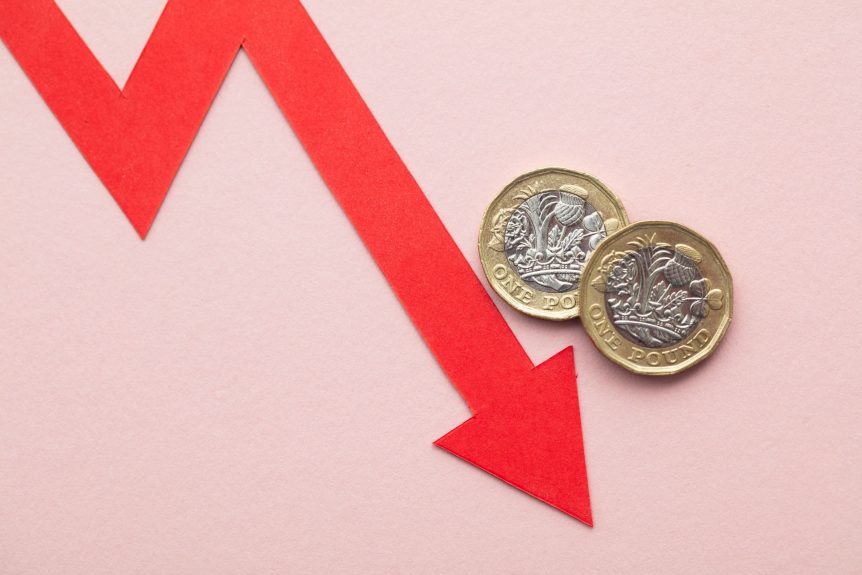Inflation came in below economists’ forecasts of 3.5%.
UK inflation has fallen to the lowest level seen since September 2021, with the annual rate falling from 4.0% in December and January to 3.4% in February.
The ONS data shows that core CPI inflation (stripping out energy, food, alcohol and tobacco) was 4.5%, down from 5.1% in January, while food inflation fell for the 11th consecutive month.
On a monthly basis, CPI inflation rose by 0.6% in February compared to 1.1% a year earlier.
Industry experts welcomed the fall and said it could prompt mortgage lenders to begin softening rates, but still expect the Bank of England to hold interest rates until the summer.
Jake Finney, economist at PwC UK, commented: “Another sizeable fall in food inflation saw headline inflation decline from 4.0% to 3.4% in February. This was broadly in line with the Bank of England’s expectations – indicating the journey back to target remains on track.
“We expect the disinflation process to accelerate in April as lower household energy prices drag inflation below the 2% target. However, it won’t quite be ‘job done’ – with services inflation likely to take longer to normalise. That matters even more now the Bank of England has adjusted its consumer basket weights to account for the fact households are spending proportionally more on services than previously.
“Despite today’s progress on headline inflation, we still expect rates to be held constant when the Monetary Policy Committee meets again this Thursday. The Bank of England will want to see more conclusive evidence that we have achieved a sustainable return to the inflation target before they loosen monetary policy.”
Sarah Coles, head of personal finance at Hargreaves Lansdown, said: “The pressure it set to keep easing in the next few months, as inflation drops rapidly towards the Bank of England’s target in the second quarter of the year. The energy price cap cut is waiting in the wings for April, helping cut one cost that has been putting so many households under so much pressure for the past few years.
“Unfortunately, we’re not out of the inflation woods just yet, because after hitting the target, inflation is expected to take hold of us again, and it will take a while for that to ease. As a result, the Bank of England has already said it’s not going to cut interest rates in a hurry. It’s going to wait for lower inflation to bed in. It means there’s a decent chance we won’t see cuts until August.”
Ben Thompson, deputy CEO at Mortgage Advice Bureau, added: “Inflation in February being just 1.4% above the Bank of England’s 2% target could be the starting gun we’ve been waiting for, in terms of getting clearer visibility on exactly when base rate may start at last to come down. The last month has seen volatility in swap rates, with some lenders increasing their mortgage rates as a consequence. However, with inflationary pressures now easing, this could lead to an easing in swap rates and therefore the start of mortgage rates softening again. If this happens, it would be perfectly in time for the busy period of year for the housing market, and would also help many thousands of borrowers to re-mortgage to better rates once their current deals have come to an end.”
Rozi Jones (Financial Reporter)

